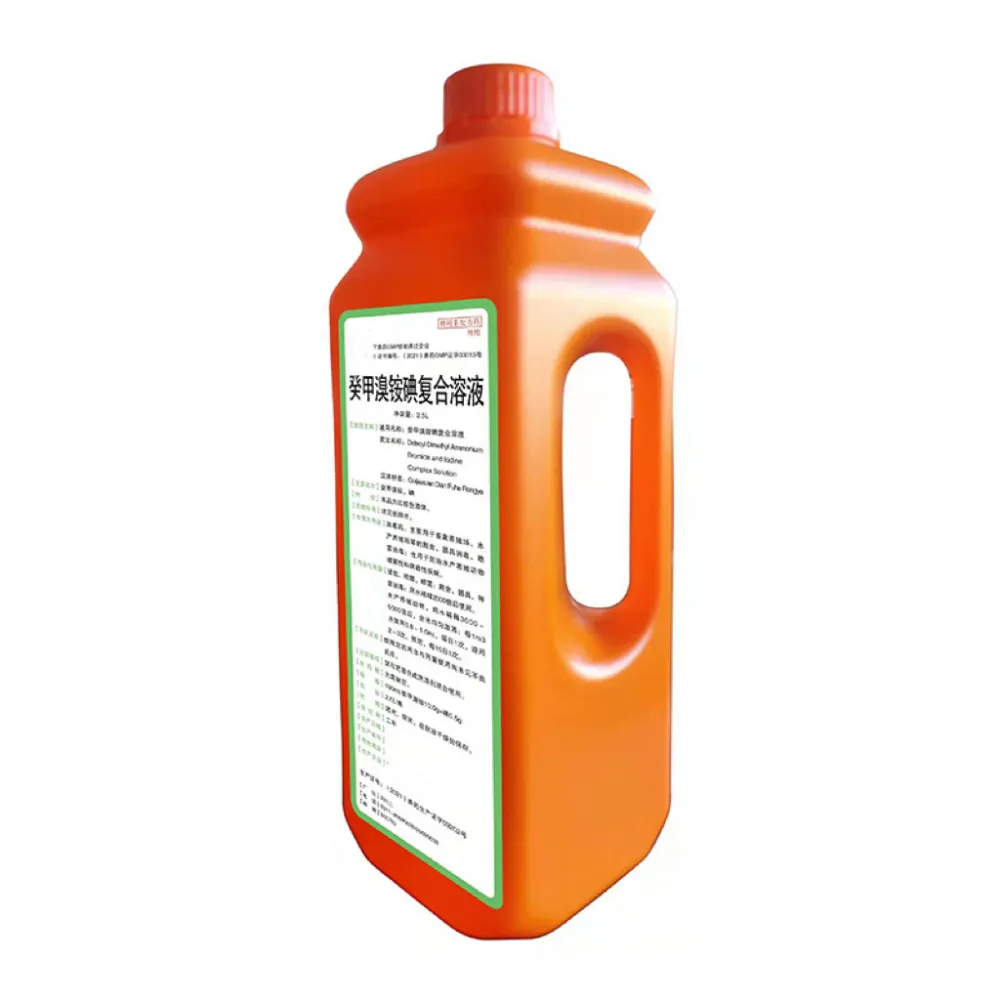- Afrikaans
- Albanian
- Amharic
- Arabic
- Armenian
- Azerbaijani
- Basque
- Belarusian
- Bengali
- Bosnian
- Bulgarian
- Catalan
- Cebuano
- Corsican
- Croatian
- Czech
- Danish
- Dutch
- English
- Esperanto
- Estonian
- Finnish
- French
- Frisian
- Galician
- Georgian
- German
- Greek
- Gujarati
- Haitian Creole
- hausa
- hawaiian
- Hebrew
- Hindi
- Miao
- Hungarian
- Icelandic
- igbo
- Indonesian
- irish
- Italian
- Japanese
- Javanese
- Kannada
- kazakh
- Khmer
- Rwandese
- Korean
- Kurdish
- Kyrgyz
- Lao
- Latin
- Latvian
- Lithuanian
- Luxembourgish
- Macedonian
- Malgashi
- Malay
- Malayalam
- Maltese
- Maori
- Marathi
- Mongolian
- Myanmar
- Nepali
- Norwegian
- Norwegian
- Occitan
- Pashto
- Persian
- Polish
- Portuguese
- Punjabi
- Romanian
- Russian
- Samoan
- Scottish Gaelic
- Serbian
- Sesotho
- Shona
- Sindhi
- Sinhala
- Slovak
- Slovenian
- Somali
- Spanish
- Sundanese
- Swahili
- Swedish
- Tagalog
- Tajik
- Tamil
- Tatar
- Telugu
- Thai
- Turkish
- Turkmen
- Ukrainian
- Urdu
- Uighur
- Uzbek
- Vietnamese
- Welsh
- Bantu
- Yiddish
- Yoruba
- Zulu
10 月 . 21, 2024 12:58 Back to list
vet clinic disinfectants
Choosing Effective Disinfectants for Veterinary Clinics
Maintaining a clean and sterile environment in veterinary clinics is crucial for ensuring the health and safety of both animals and staff. Disinfectants play a vital role in this process, helping to eliminate pathogens, prevent infections, and control the spread of diseases. With a myriad of disinfectants available on the market, selecting the right products is essential for effective decontamination in veterinary settings.
Choosing Effective Disinfectants for Veterinary Clinics
Quaternary ammonium compounds, or quats, are popular in veterinary clinics due to their effectiveness against bacteria and some viruses. They are generally safe for use on surfaces, non-corrosive, and come in user-friendly formulations. However, they may not be effective against certain stubborn pathogens like parvovirus.
vet clinic disinfectants

Phenolic disinfectants are another option, known for their potency against a wide range of pathogens, including fungi and viruses. However, these products can be harsh on surfaces and have a strong odor, which might not be suitable for all environments. Additionally, some animals may be sensitive to the residue left behind, so proper rinsing is essential.
Bleach, or sodium hypochlorite, is a highly effective disinfectant that can kill bacteria, viruses, and fungi alike. It works quickly and is particularly recommended for situations involving highly contagious diseases. However, its harshness can damage surfaces and fabrics, and its fumes can be irritating to both animals and humans. Thus, it should be used with caution and properly diluted to minimize risks.
Beyond the choice of disinfectant, proper application and contact time are critical for maximum efficacy. Surfaces should be thoroughly cleaned to remove organic material before disinfecting, as this ensures that the disinfectant can effectively penetrate and kill microorganisms. Following the manufacturer’s instructions on contact time is essential; failing to do so can significantly reduce the disinfectant's effectiveness.
In conclusion, choosing the right disinfectants for veterinary clinics requires a careful balancing of efficacy, safety, and practicality. By understanding the strengths and limitations of various disinfectants, veterinary professionals can create a safe and hygienic environment, ultimately protecting the health of their patients and staff. Regular training and adherence to best practices will further enhance the clinic’s infection control measures, ensuring optimal outcomes for all.
-
The Power of Radix Isatidis Extract for Your Health and Wellness
NewsOct.29,2024
-
Neomycin Sulfate Soluble Powder: A Versatile Solution for Pet Health
NewsOct.29,2024
-
Lincomycin Hydrochloride Soluble Powder – The Essential Solution
NewsOct.29,2024
-
Garamycin Gentamicin Sulfate for Effective Infection Control
NewsOct.29,2024
-
Doxycycline Hyclate Soluble Powder: Your Antibiotic Needs
NewsOct.29,2024
-
Tilmicosin Premix: The Ultimate Solution for Poultry Health
NewsOct.29,2024













